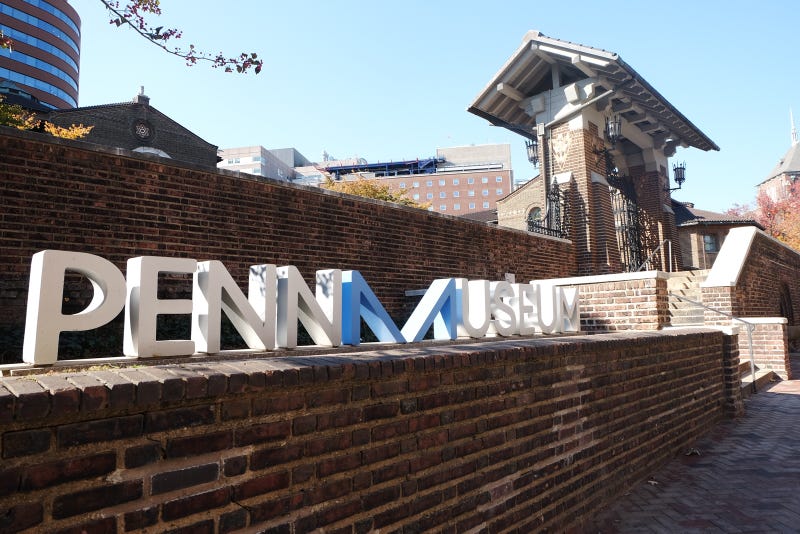
PHILADELPHIA (KYW Newsradio) — The fate of remains belonging to 20 people that were kept at the University of Pennsylvania Museum of Archaeology and Anthropology for decades is now in the hands of a Philadelphia judge.
Penn Museum director Christopher Woods says the court case surrounds their petition to bury the skulls that are currently housed at the museum. They include stolen skulls of Black Philadelphians that were on display in a Penn classroom.
“We want to bury them respectfully at Eden Cemetery. We’re committed to having an interfaith public ceremony around the remains and a celebration of life of these individuals,” said Woods.
“This is the most prominent and most historic traditional Black cemetery in the Philadelphia area. My understanding is that it was founded because there were African American remains in the city that needed to be moved because of construction projects and they ended up there, so there’s a parallelism of what we’re doing here that makes it very appropriate."
These skulls that came to the museum in the 1960s were part of the Morton Cranial Collection. In the 1830s, Samuel G. Morton used the skulls to push a white supremacist agenda.
“We’re looking to expanding the number of individuals that are included in the petition, so there’s more work to be done,” said Woods.
“This is just the beginning. The collection is large. There are other individuals that aren’t in Philadelphia that we’ll be looking to repatriate.”
That entire collection consists of around 1,300 crania from around the world.
Judge Sheila Woods-Skipper is taxed with deciding the fate of the 20 remains belonging to Philadelphians by weighing in on the hours of testimony she has heard, as well as statements from experts.
There was pushback from individuals who say the stewardship of the remains and the stewardship of the process should be controlled by the community.
Activist Abdul-Aliy Muhammad was part of a community board which Penn convened to help with the decision, but he claimed in August 2022 that Penn had already made plans about burial before their first board meeting.
“The museum had already made a decision about where to bury the crania, had made a decision about the timeline, and had offered it up as a kind of a framework for us to consent to, but not be deliberative about,” said Muhammad in August. He wanted Penn to hand over financial resources to the community to make final burial plans.
There was no initial word on when Judge Woods-Skipper's ruling would come.
Racquel Williams contributed to this report.



